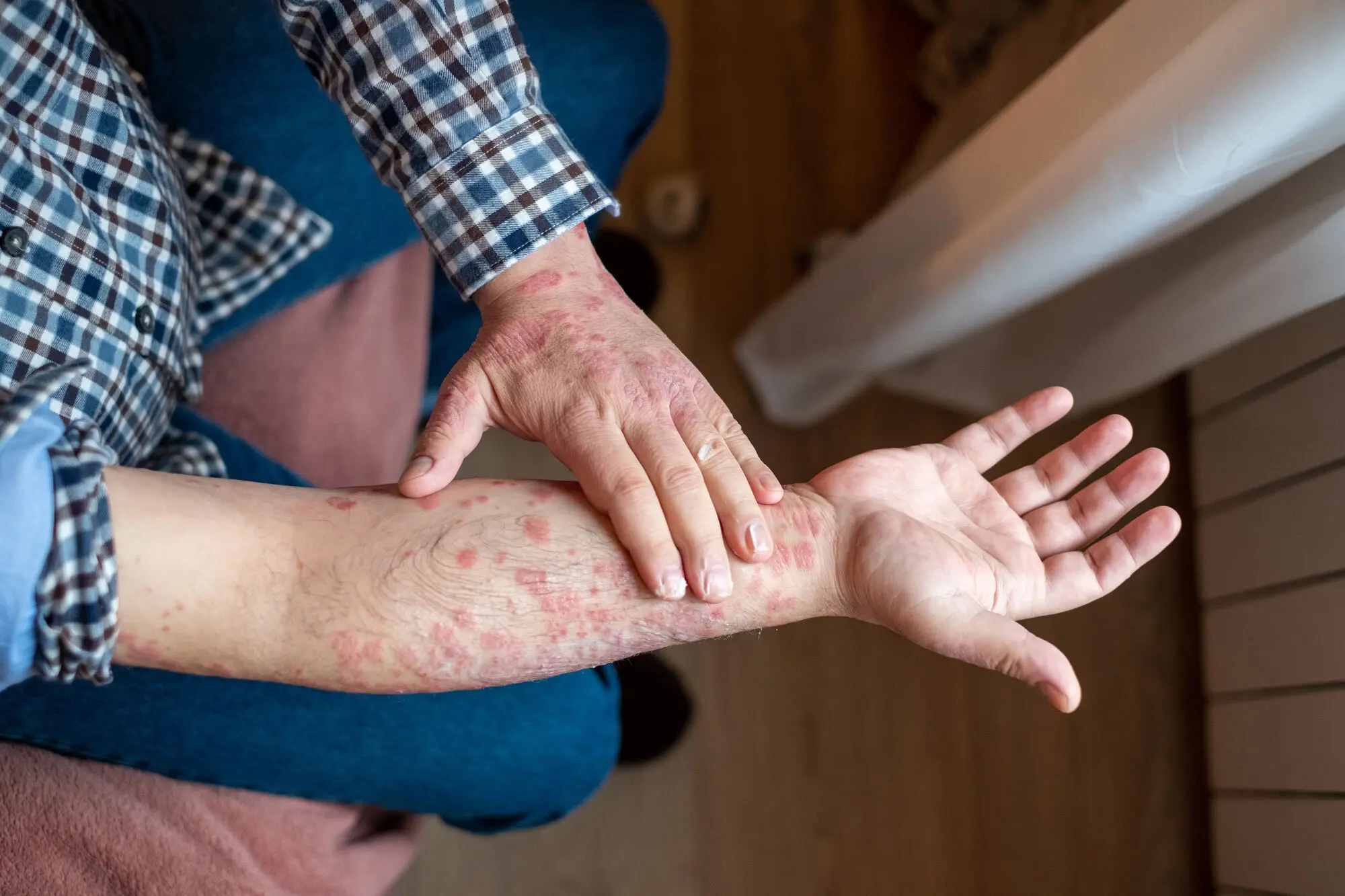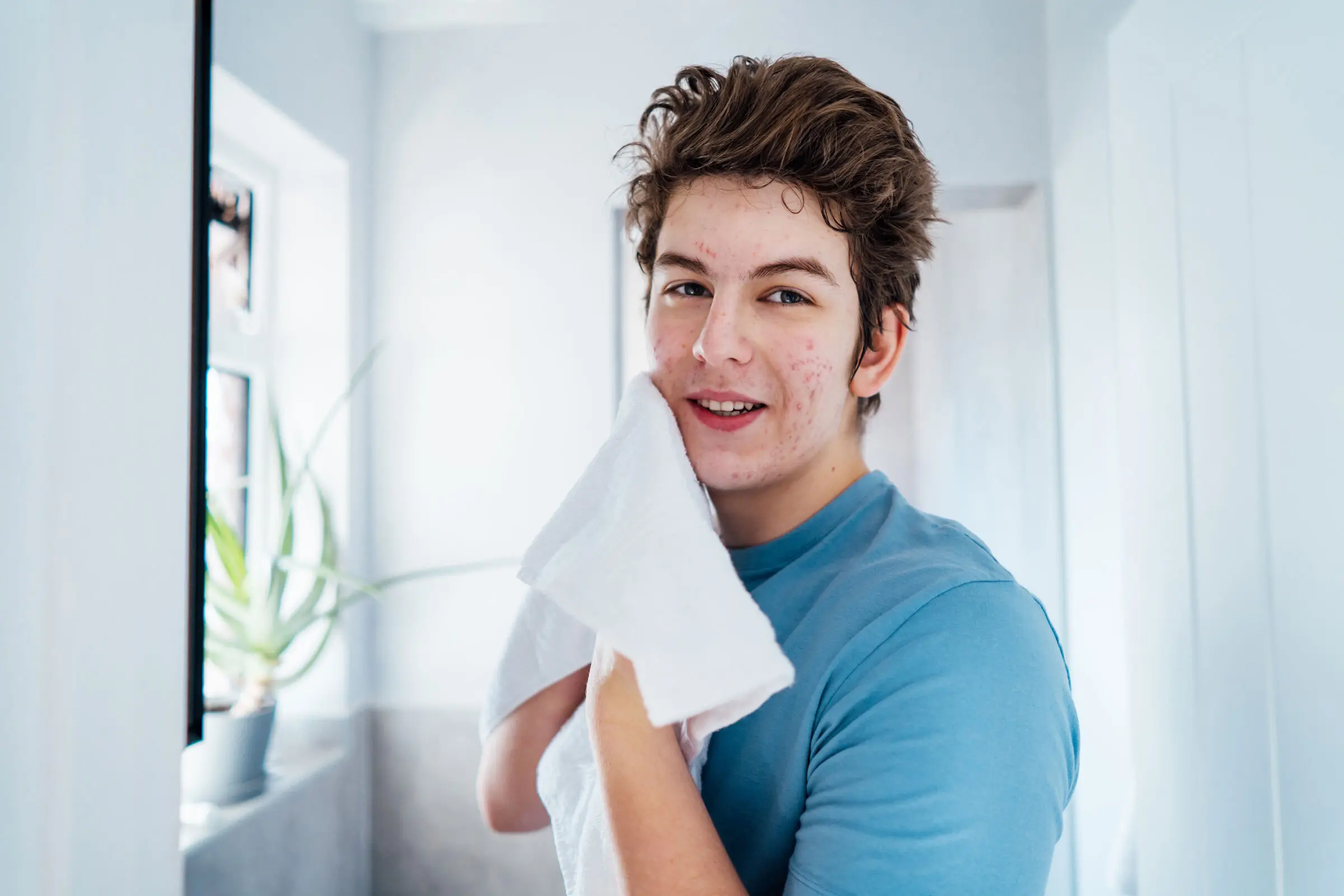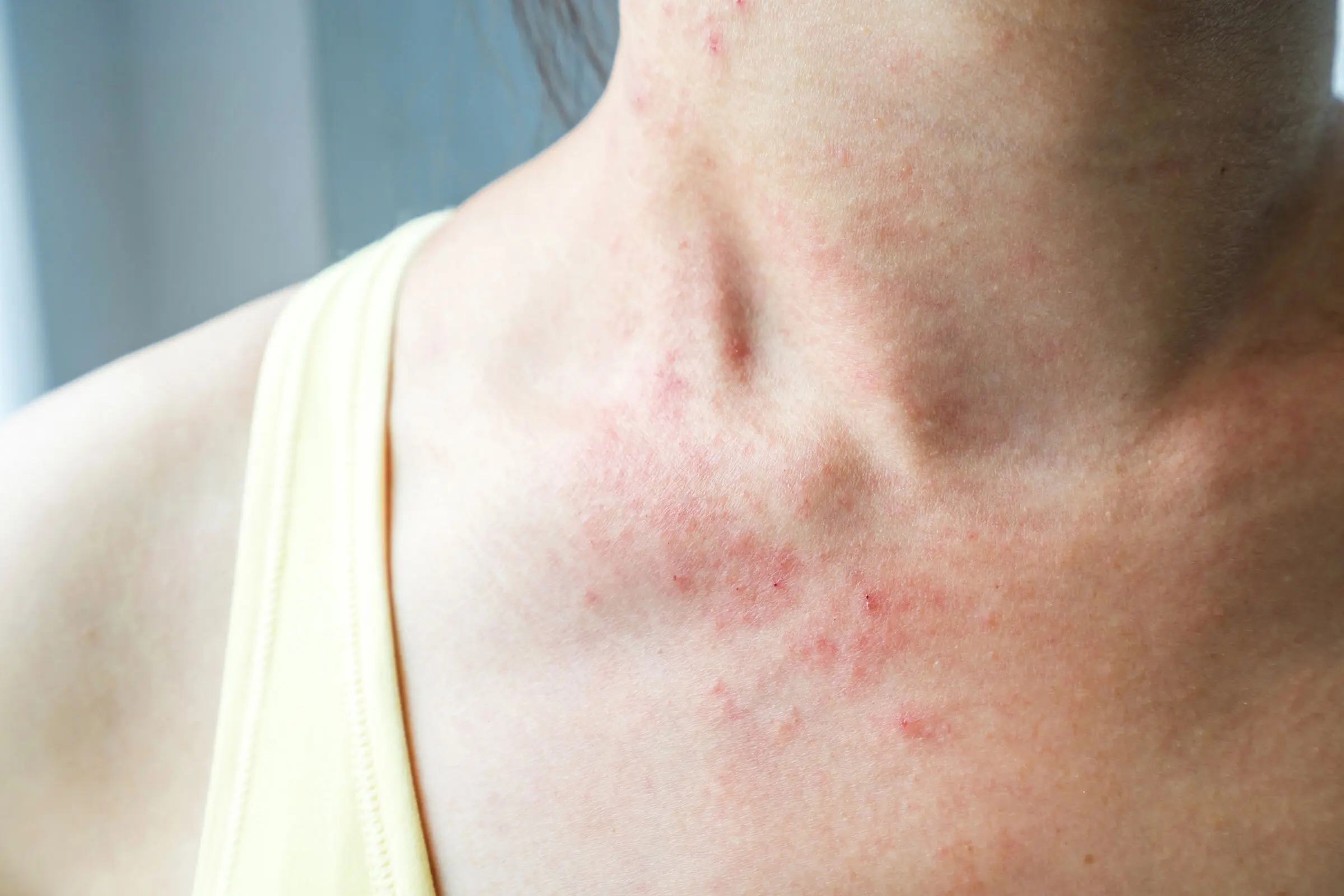If your skin has been acting up and your morning coffee is under suspicion, you’re not alone. Caffeine often shows up in skincare conversations, especially when breakouts are in the mix.
But is coffee really to blame? The answer isn’t so clear-cut. While coffee doesn’t directly cause acne, how your body responds to caffeine, stress, hormones, and diet can influence your skin. It might not be the coffee itself, but what comes with it, or how your body processes it.
Let’s take a closer look.
Caffeine and Acne: What’s the Link?
Caffeine does more than wake you up—it also activates your body’s stress system. When you drink a lot of it, your body can make more cortisol, a stress hormone. High cortisol levels can lead to more oil (sebum) on your skin, and that oil can clog pores and trigger acne.
A 2021 study published in Skin Pharmacology and Physiology found that increased cortisol may raise inflammation in the skin, which plays a role in breakouts [1]. The Cleveland Clinic also notes that while caffeine itself doesn’t clog pores, it may make acne worse in people who are already sensitive to hormonal changes.
Bottom line: You don’t need to quit coffee completely. But if you’re prone to breakouts, watch how much caffeine you’re having—and how your skin responds.
Sugar, Dairy, and Acne: What’s in Your Coffee Might Matter More
Sometimes it’s not the coffee, but what’s in it.
Sweeteners, flavored syrups, and creamy toppings can spike your blood sugar. When that happens, your body releases insulin, which can lead to more oil production. That oil mixes with dead skin cells and bacteria, making pimples more likely.
The American Academy of Dermatology points out that high-glycemic foods—like sugar and white bread—and dairy products, especially skim milk, are linked to more breakouts in some people [2].
So if your coffee tastes more like dessert, it might be part of the problem.
Why Does Coffee Cause Breakouts for Some People but Not Others?
Acne is complicated. Some people can drink several cups of coffee with no problem. Others break out after just one cup.
Why? Because everyone’s skin is different.
Hormones, diet, stress, sleep, gut health, and genetics all play a role. A 2022 review from Harvard Health says that adult women, in particular, may have acne that’s strongly affected by hormones [3]. And a report from the National Institutes of Health confirms that both stress and diet can trigger acne in people who are already prone to it [4].
That’s why coffee can be a trigger for one person, but have no effect on someone else.
Still Wondering If Coffee Is Causing Your Acne? We Can Help
Trying to figure out your breakouts alone can be frustrating. At BrilliSkin, we make it easy.
Our board-certified dermatologists review your photos, symptoms, and lifestyle. You’ll get personalized answers in under 48 hours—so you can stop guessing and start healing.
Whether coffee is part of the issue or not, we’ll help you build a treatment plan that fits you.
No insurance needed. No long waits. Just real answers.
Talk to a Dermatologist About Your Breakouts
Clear skin shouldn’t come with conditions.
BrilliSkin is launching soon to serve New Yorkers with fast, virtual dermatology that skips the red tape. Whether coffee plays a role or not, you deserve real answers, not trial and error.
Join our list and be the first to know when Brilliskin is available in your area.
Medically Reviewed By:
Michael Vittori, MD PharmD
Sources:
1. Saurabh, S. et al. “Cortisol and skin: Impact on acne and inflammation.” Skin Pharmacol Physiol, 2021. PubMed
2. American Academy of Dermatology. “Diet and acne: The full story.” AAD.org
3. Harvard Health Publishing. “Adult acne: Why you get it and how to treat it.” 2022. Harvard Health
4. National Institutes of Health. “Acne Vulgaris.” StatPearls, 2023. NCBI

Recent Blogs

Your First Online Skin Consult

How to Get Acne Help Online Without the Wait

